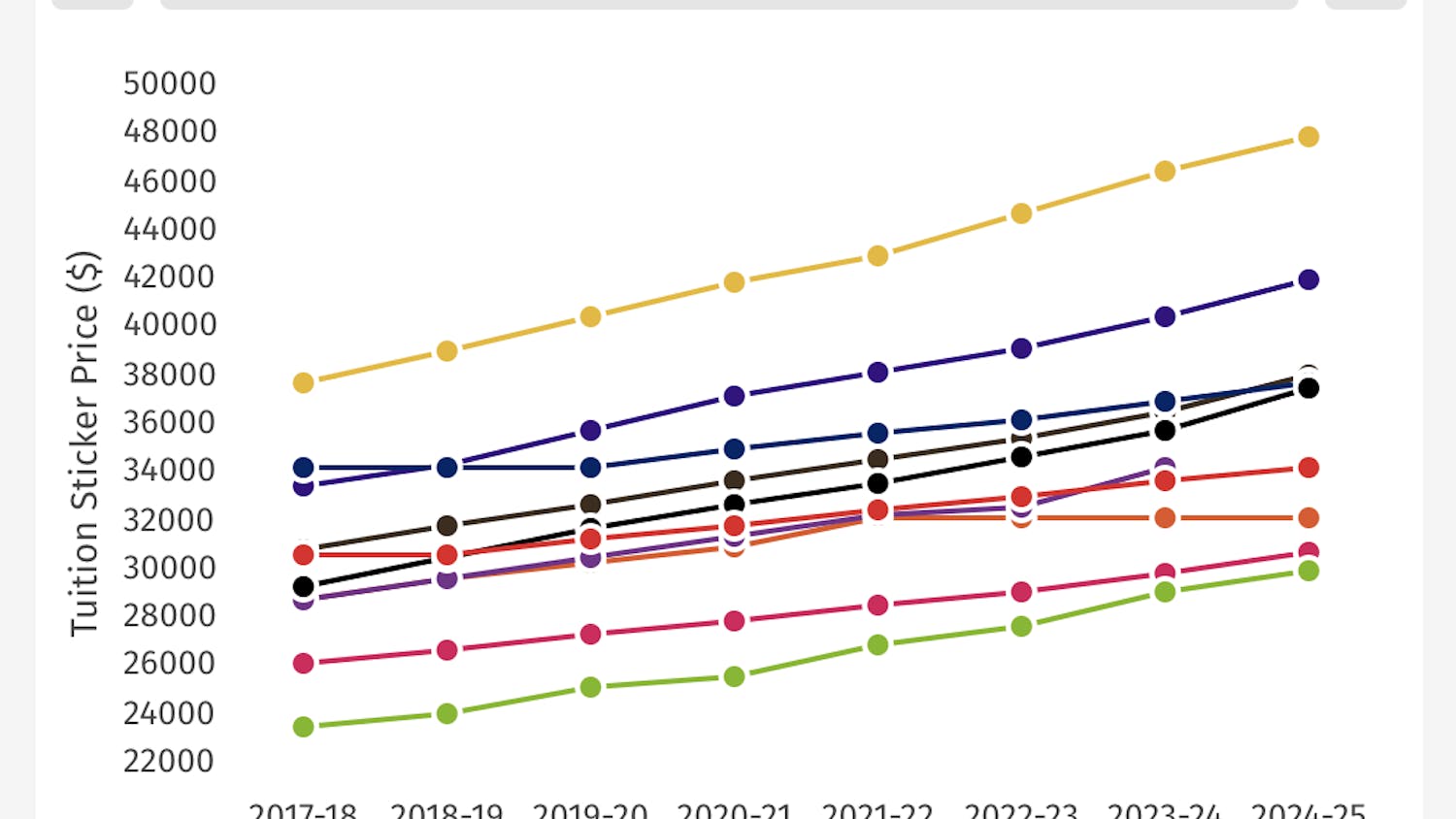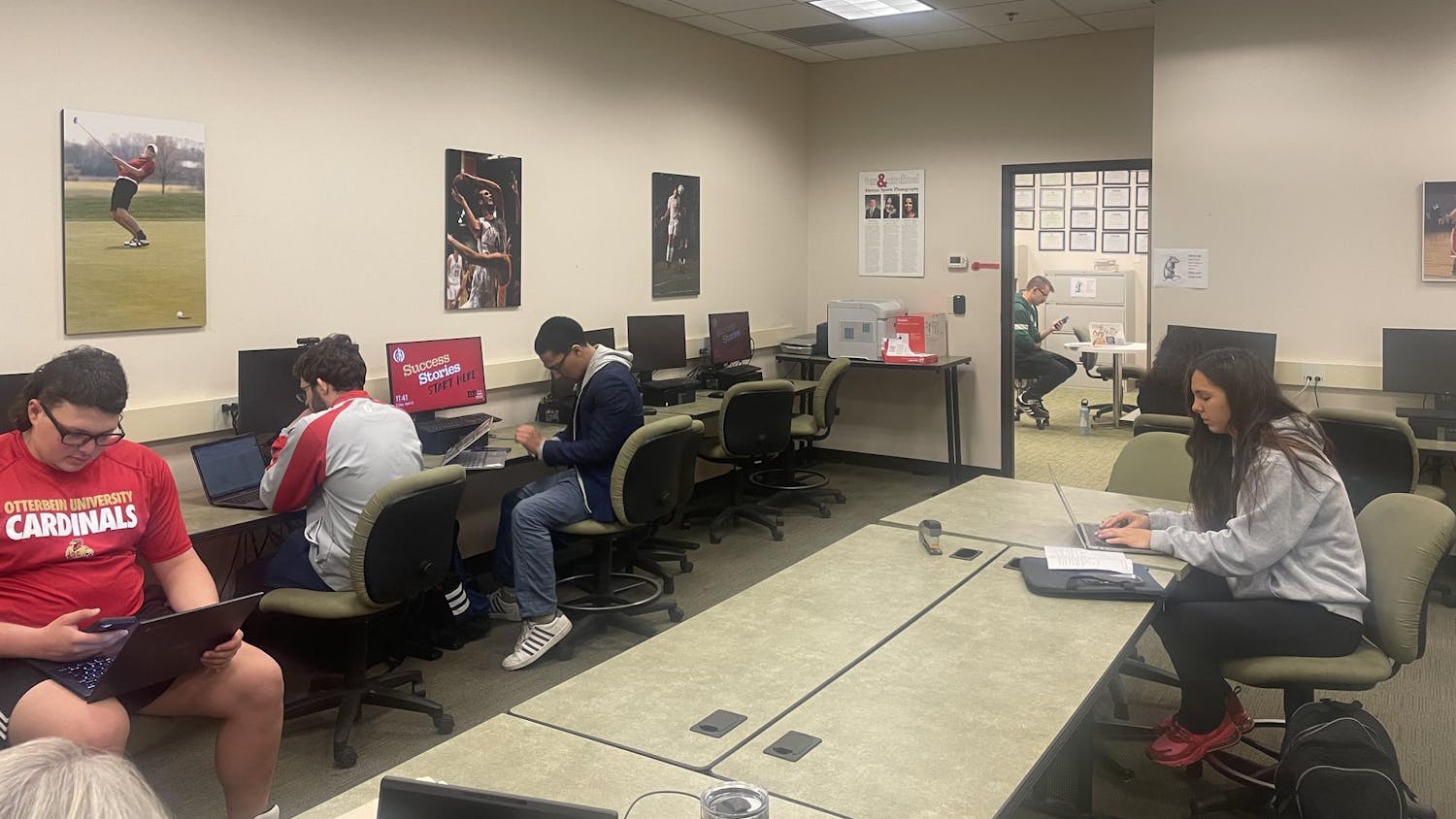Popular culture has a way of influencing our view of the world. And through a long history of movies and books, pirates have managed to make the switch from reprehensible villains to romantic heroes.
I can handle the pirate language option on Facebook, but the fan page for the sea-roving criminals rubs me the wrong way.
I'm all for freedom of expression, and would never get in such a twist about petty fan pages to the point where I demand Facebook remove such groups, but I can choose not to join the group.
There is no fan page for parole breakers. No fan page for sex offenders and animal abusers and meth lab owners.
So why is there a fan page for criminals?
Because that's what pirates are: thieves and kidnappers, dishonest men and women.
I enjoy "Pirates of the Caribbean" as much as the next person. Jack Sparrow is a refreshing, entertaining character, and Johnny Depp brings the role to life with blinding charisma.
He's the anti-hero of our generation, and he's part of the reason why we associate pirates with adventure and charm.
Perhaps we've been numbed by the illusion of time.
Pirates are associated with great wooden ships, swords, scurvy, cannons and the old-time dream of "X" marks the spot.
And with the passage of time comes the right to laugh about things. "Inglourious Basterds," anyone?
But pirates are still around today, hijacking ships and holding crew members for ransom.
According to the International Maritime Bureau Piracy Reporting Centre, there have been seven pirate attacks or armed robberies at sea this month, two of which occurred this Sunday.
To be fair, not all of these incidences that have been labeled as pirate attacks are truly by pirates as we imagine them.
Johann Hari, British journalist and writer, says the term "pirate" is being used as propaganda, especially in the case of the Somali pirates today.
Ever since Somalia's government collapsed in 1991, Hari says, the Western world has taken advantage of this by stealing their seafood sources and dumping nuclear waste in their seas.
The Somalis have given their fleets names such as the "National Volunteer Coastguard of Somalia" and the "Somali Marines."
Perhaps their intentions are good, but their methods of regaining control of their country's seas are illegal and ineffective.
And looking at these Somali "pirates," I can see where the romantic view comes from: in the right context, they are freedom fighters, breaking the law to achieve justice.
Even so, using popular culture to celebrate those making a dishonest living doesn't quite seem right, no matter the rationale behind the life of piracy.
I heard there's another "Pirates of the Caribbean" coming out next year. And I know I'm going to be there in the theaters, because pirates can be exciting and entertaining and laugh-out-loud funny.
But I will always keep in mind the stark difference between fiction and reality. t&c;
Leah Driscoll is a sophomore journalism major and is a staff writer for the t&c.;





